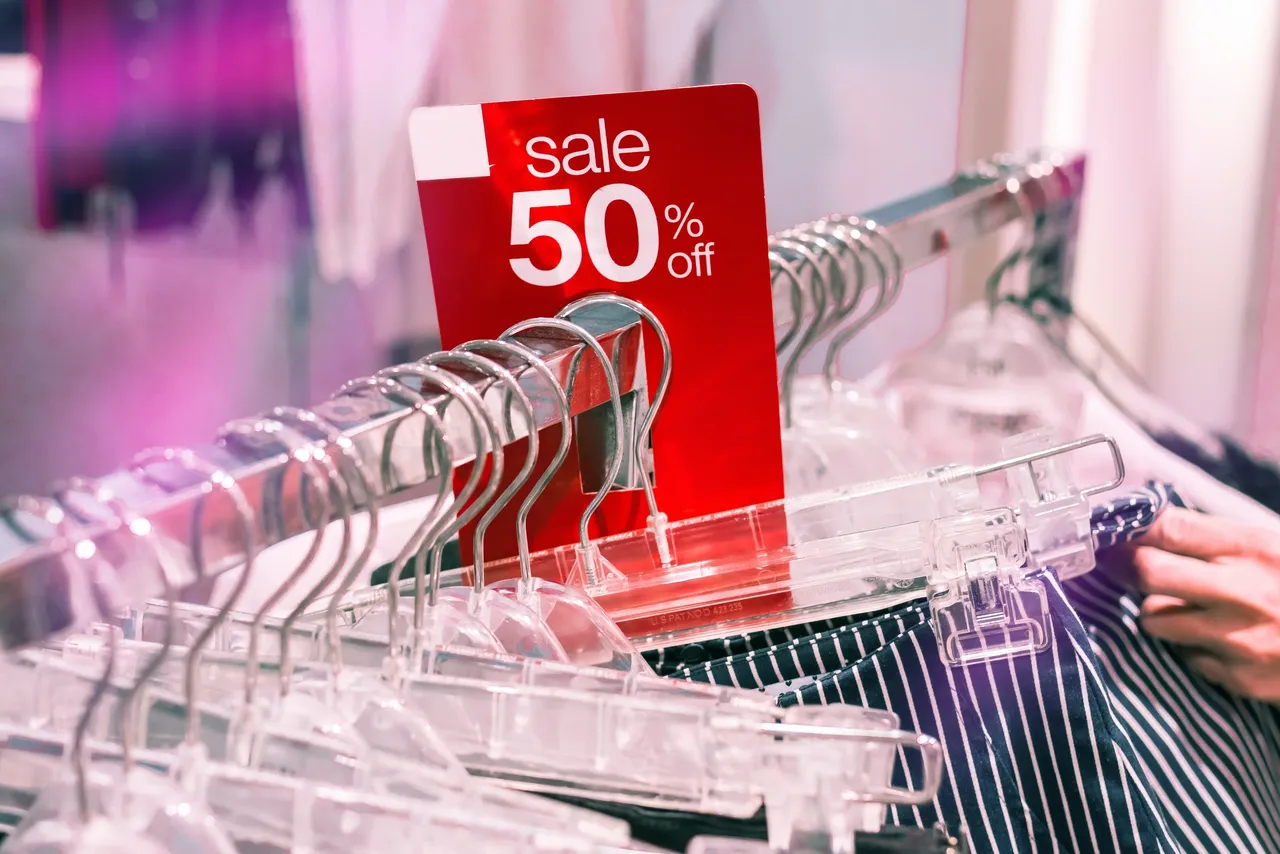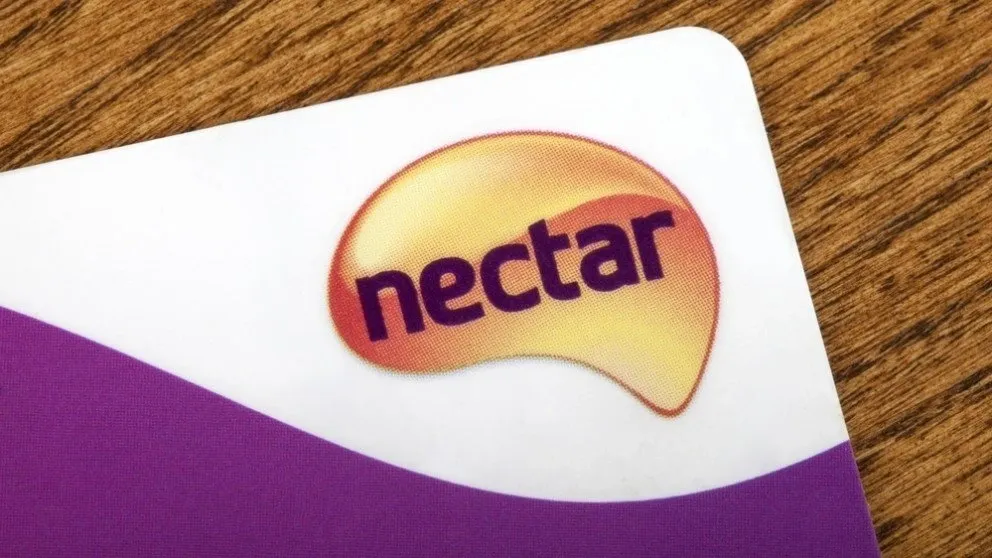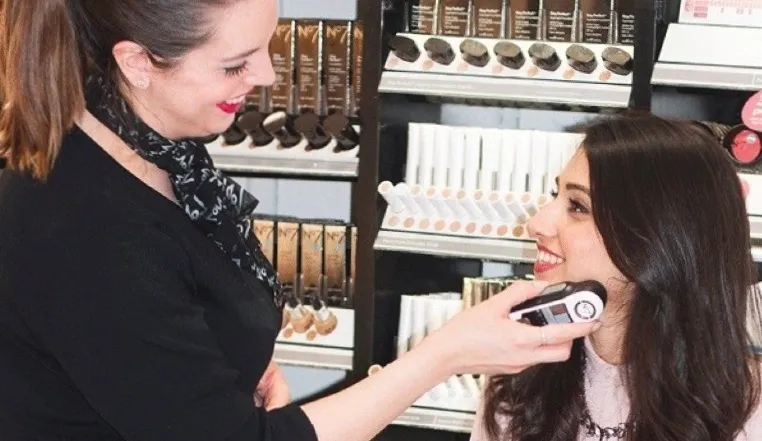Transform Your Brand For Good.
Retail
Loyalty schemes are more important than ever. Here’s why.
The future of the loyalty scheme is here
Sep 14, 2020

With rivalry amongst competitors higher than ever before and many brands feeling the pressure to no longer succeed but simply to survive, many methods of customer acquisition, retention and efforts to perfect the customer experience are becoming a low priority. In their place, huge sales, discounts and short term wins are at the forefront and understandably so. The panic to stay afloat in a recession that is drowning many brands is prominent.
One method, of which its value has been up for discussion for some time is loyalty schemes. Loyalty schemes are a well-known marketing strategy, often using a points-based system to reward loyal customers, who make frequent purchases, with discounts for their next shop, gifts or exclusive access to events. Consequently adding real value to a customer's experience. In return, the brand receives customer loyalty and data, something that in the current business landscape is not to be frowned upon.
Despite many companies channelling their efforts elsewhere, John Lewis and Waitrose are in the process of launching a new, joint loyalty scheme, likely in efforts to capitalise on their existing engaged customer base. Illustrating that although there are risks to consider, such as balancing the bottom line, competing with big brands and the uncertainty of consumer behaviour, there is still plenty of value to be found in implementing and maintaining a loyalty scheme. Keep reading for three reasons why we believe loyalty schemes are more important than ever before.
1. Industry leaders are still reaping the rewards
It may seem obvious but there are many rewards to be had from loyalty schemes, the main being loyal customers. Industry leaders such as Boots, Sainsbury’s and Tesco are known for their loyalty schemes. By offering real value for the customer, these brands, amongst others, have been able to take advantage of almost every benefit that comes from loyalty schemes: customer retention, relevant customer data and better customer relationships whilst simultaneously providing customers with a service that they feel is worthwhile. There are 14.4 million Boots Advantage Cardholders, 16.8 million Sainsbury's Nectar Cardholders and 17 million Tesco Clubcard holders. From a data perspective alone, that amount of information on shopping habits, customer preferences and lifestyles is invaluable. Let alone the additional revenue this has the potential to bring in.
Despite industry leaders having a similar number of loyalty card members, not every brand is using the schemes in the same way. Waitrose & Partners don’t offer points on their MyWaitrose programme, instead offering added value moments in the customer experience such as Quick Check barcode scanning on the customer’s phone around the store and cashback on healthy food for Vitality members. Contrarily, the GO Outdoors programme primarily acts as a crude membership card that’s too good not to sign up to, with tiered pricing across all products for members versus non-members.
2. Saving money is at the forefront of customers’ minds
It’s predicted that the UK recession will continue until Spring 2021. This will likely force customers into closing their purses tighter shut. This also, however, presents the opportunity for businesses to utilise strategies such as loyalty schemes, to keep their customer relationships strong and give potential customers an incentive for making their first purchase.
In 2018, a news story circulated of a man who saved £7,000 in Nectar Card points in four years and planned to take his family to Florida with the savings. Similarly, it’s this simplicity that makes the CVS ExtraCare card so successful, simply rewarding shoppers with points redeemable off their next shop and access to better pricing on many items. One of the tricks to successful loyalty schemes is proving their worth. With real-life stories like this and ensuring the incentive is clear and accessible, their efficacy and necessary-place within a positive customer experience is evident.

3. Building relationships
If there’s one thing that’s taken a hit in 2020, it’s trust. Seven months of uncertainty, surprises and disappointment have caused us to become a questioning nation, lacking trust in almost every aspect of our lives. A recent McKinsey report found that 73% of customers have changed stores, brands or the way they shop since the pandemic hit. Suggesting loyalty is up for grabs to whoever can form the strongest relationships with customers.
79% of consumers say loyalty programmes make them more likely to continue doing business with brands and 71% say loyalty programmes are a meaningful part of their brand relationships. Highlighting that even during a pandemic, loyalty schemes have the potential to play an integral role in the customer experience whilst generating a significant return on investment.
In recent years, loyalty schemes have been an overlooked method of building trust and relationships with customers, perhaps because huge corporations such as Boots and Sainsbury's were dominating the market. However, COVID-19 has levelled the playing field, creating space for more brands to get in on the action.
Not all loyalty schemes look the same, and neither should they, creating a scheme that feels genuine to your brand is important in creating credible relationships, much like American chain Kohl’s offering a free t-shirt on your birthday if you’re a member of their loyalty scheme, clearly linking to their clothing offering. Something that is taken a step further by Lululemon who offer a free clothing item that is exclusively available to members.
With the figures showing that loyalty schemes have and continue to offer real value to brands, we strongly believe that they are more important than ever before, providing there is synergy between the brand and the loyalty scheme. Ensuring it is relevant and appropriate across all customer moments, similar to Tesco with its Scan As You Shop feature for Clubcard holders, there is an opportunity for brands to create real value with their loyalty scheme in the upcoming months and years.
Thinking of the upcoming years raises the question of what the future of loyalty schemes looks like. Big Data is already a driver in successful loyalty schemes, providing detailed information on consumers that is stored and utilised across different channels to provide a personalised experience. We predict that this process will become more sophisticated, using loyalty data to further aid Big Data and creating, for example, the ability to recommend food choices based on preferences, diet choices or even allergies that could affect the shopper or a family member.

This information could translate into the physical retail space, allowing a tailored shopping experience. For example, through utilising more in-depth data, the Boots Match Made Make-up service would have the consumer knowledge to expand into skincare, automating the process of recommending existing users with tailored products based on their skin type. A service that would align with their brand, provide a richer customer experience and create the opportunity to upsell products and build stronger brand loyalty.
Recognising the success and benefits of existing loyalty schemes for both brands and customers, alongside the potential for even more sophisticated systems, we are confident in their value and believe that brands who take advantage of what they have to offer will be reaping the rewards in years to come.
